PITCH VIDEO
LOOK BOOK
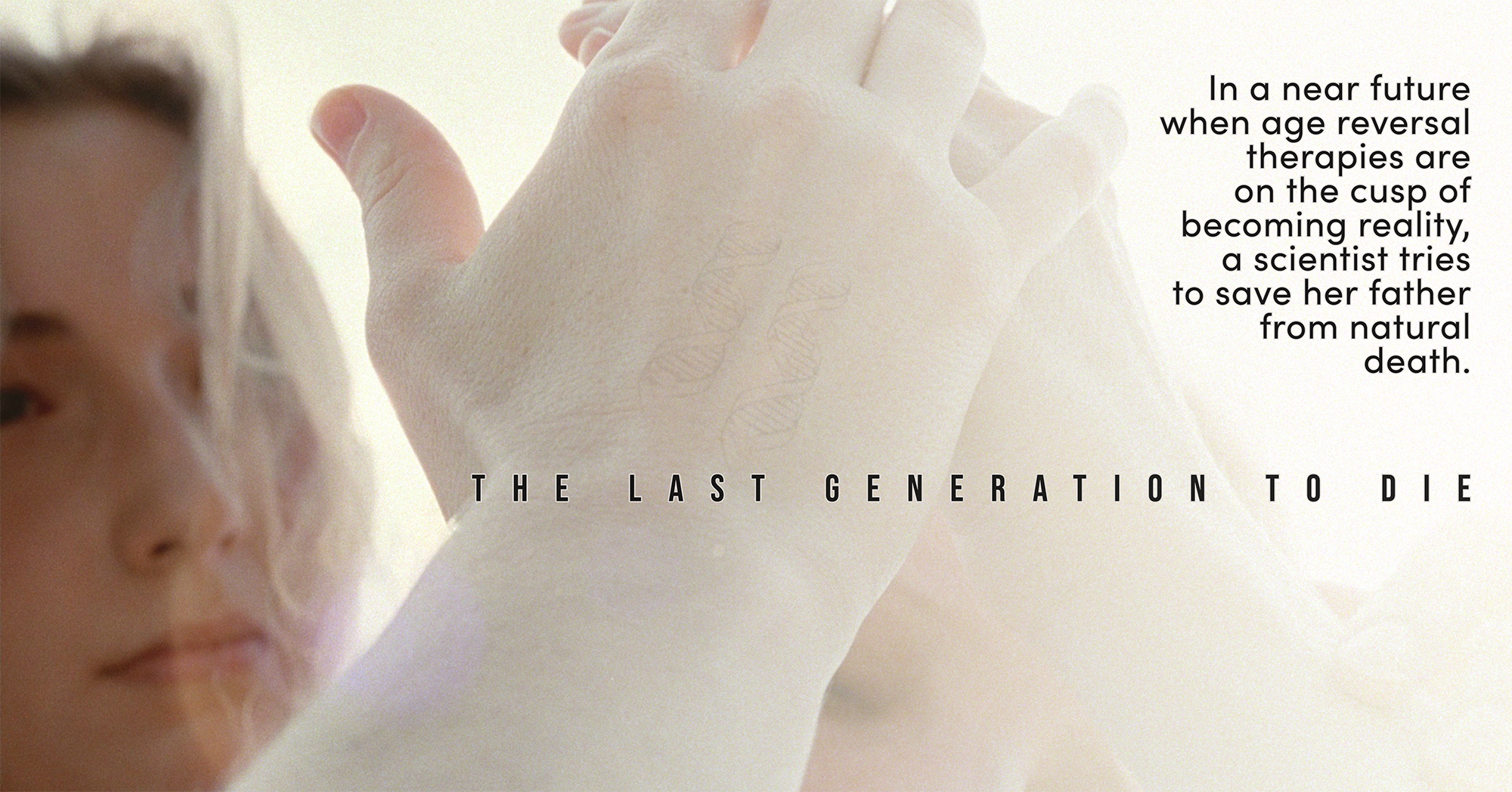
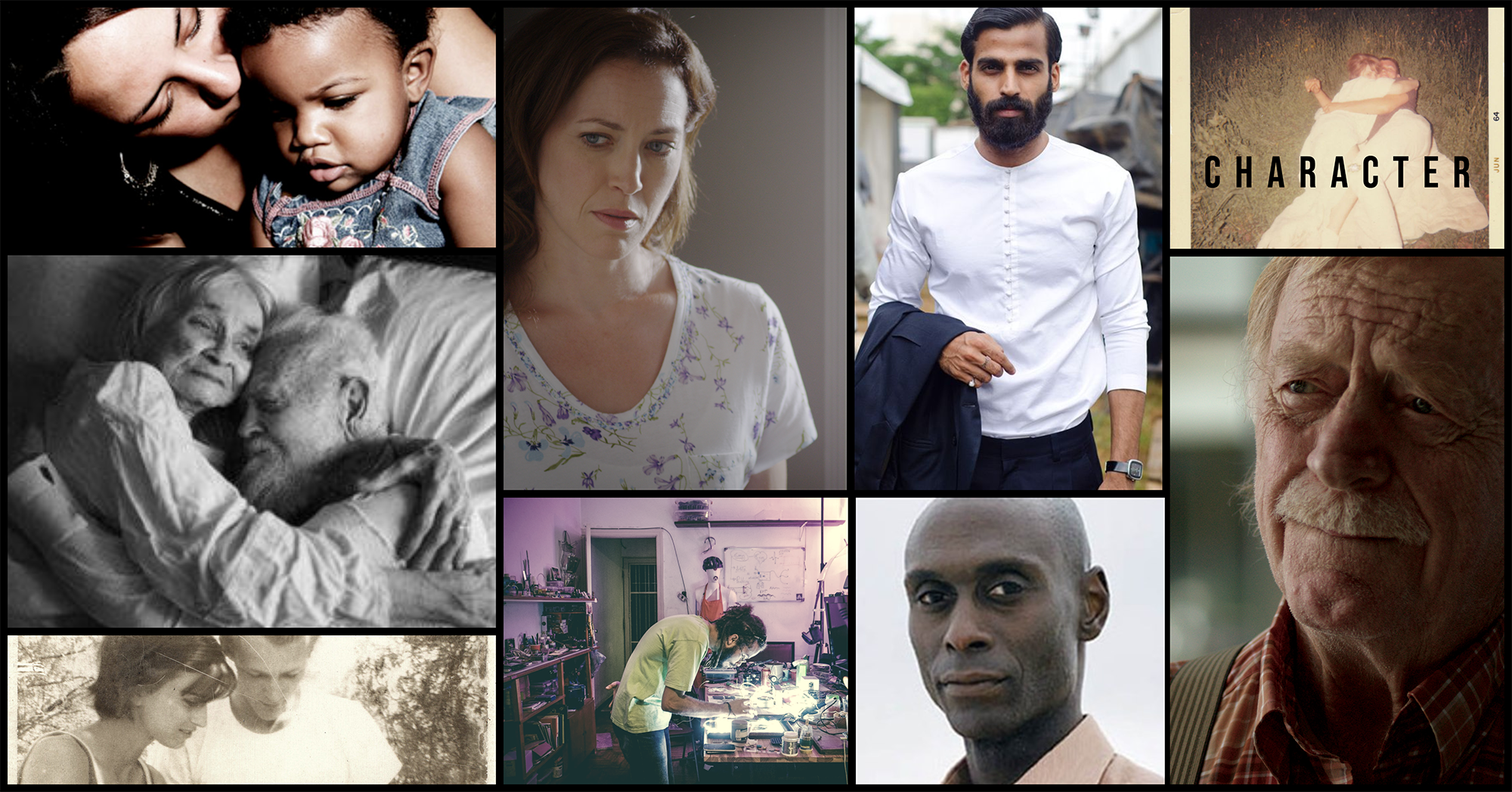
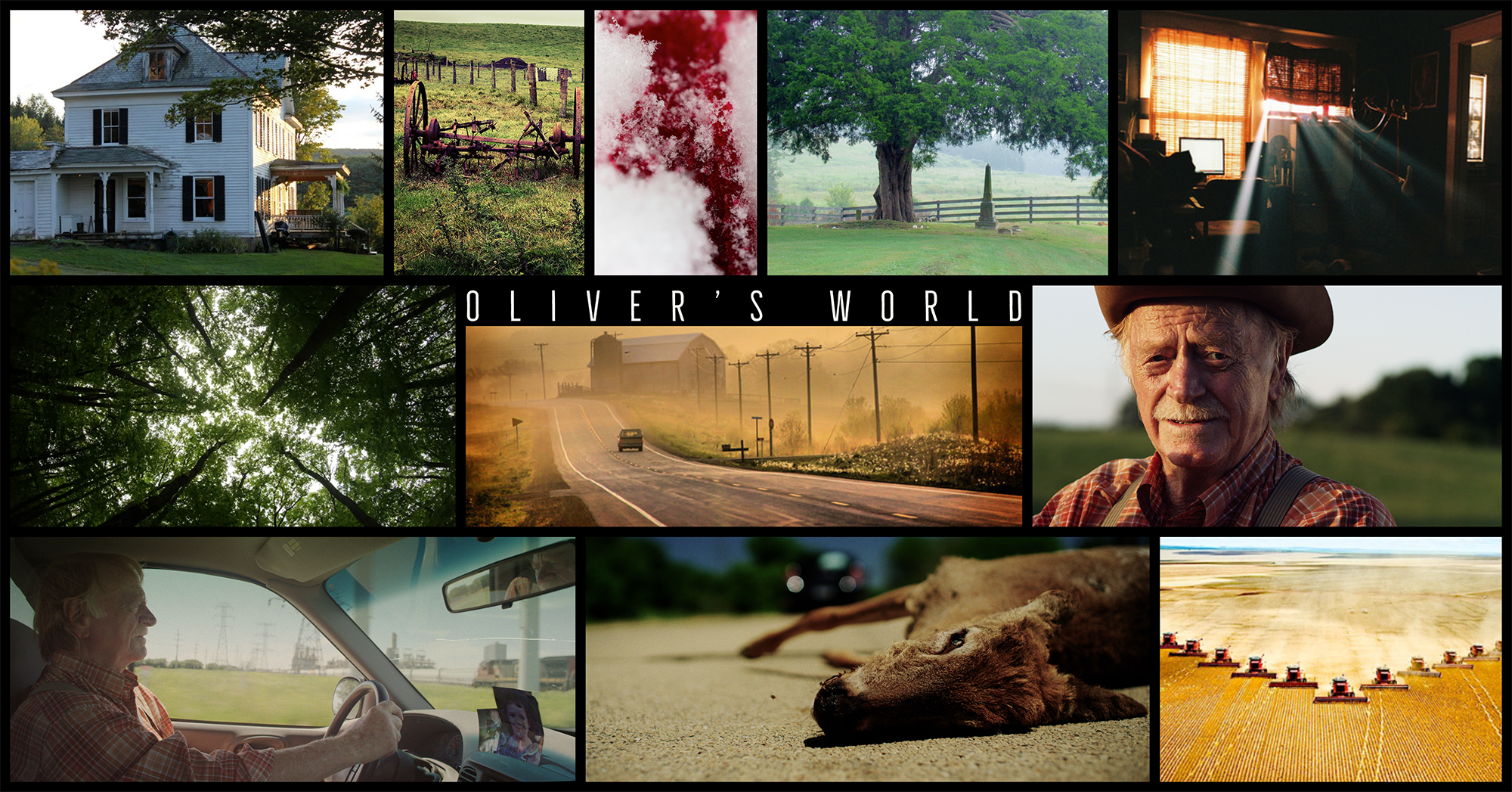

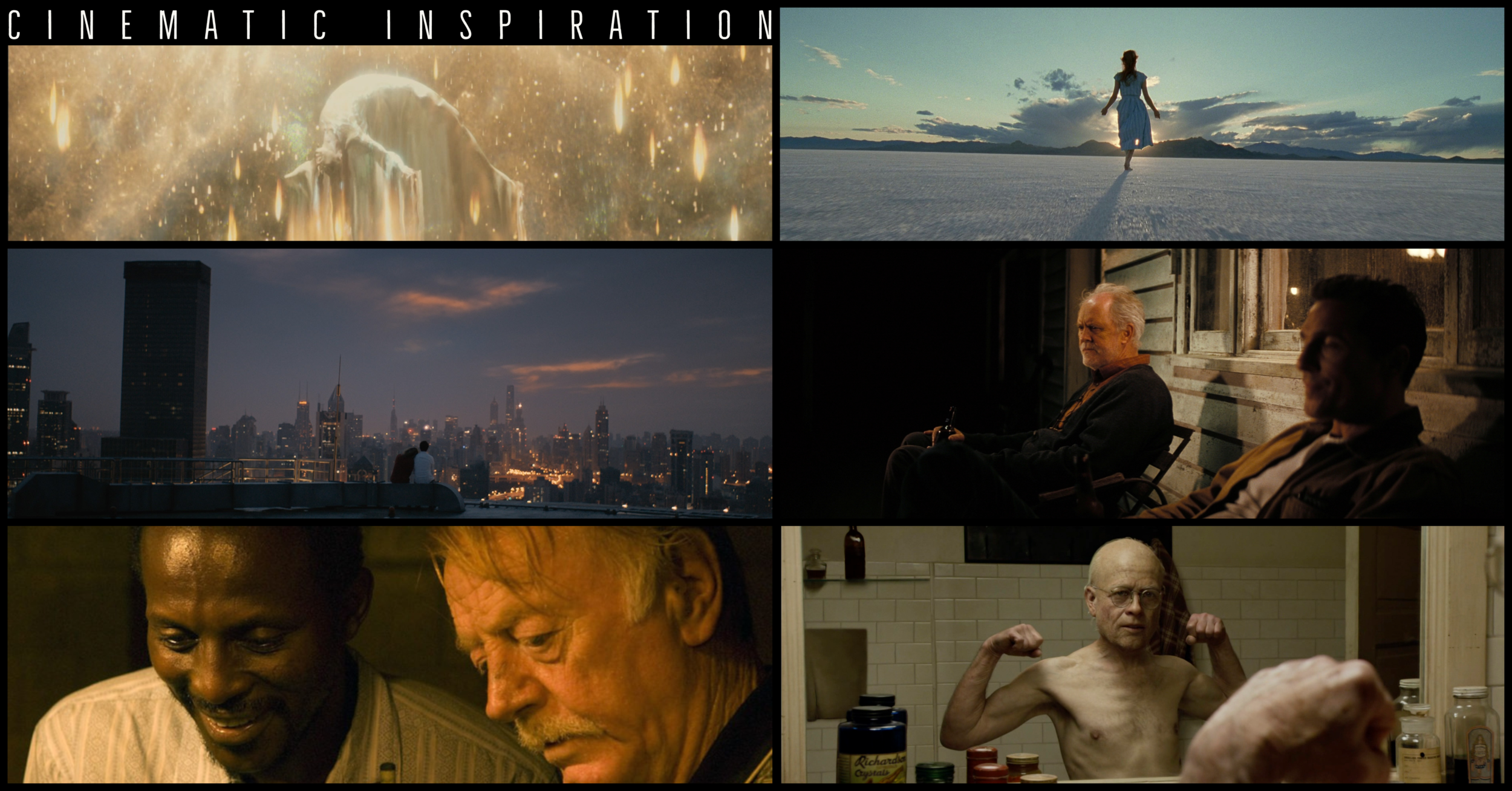
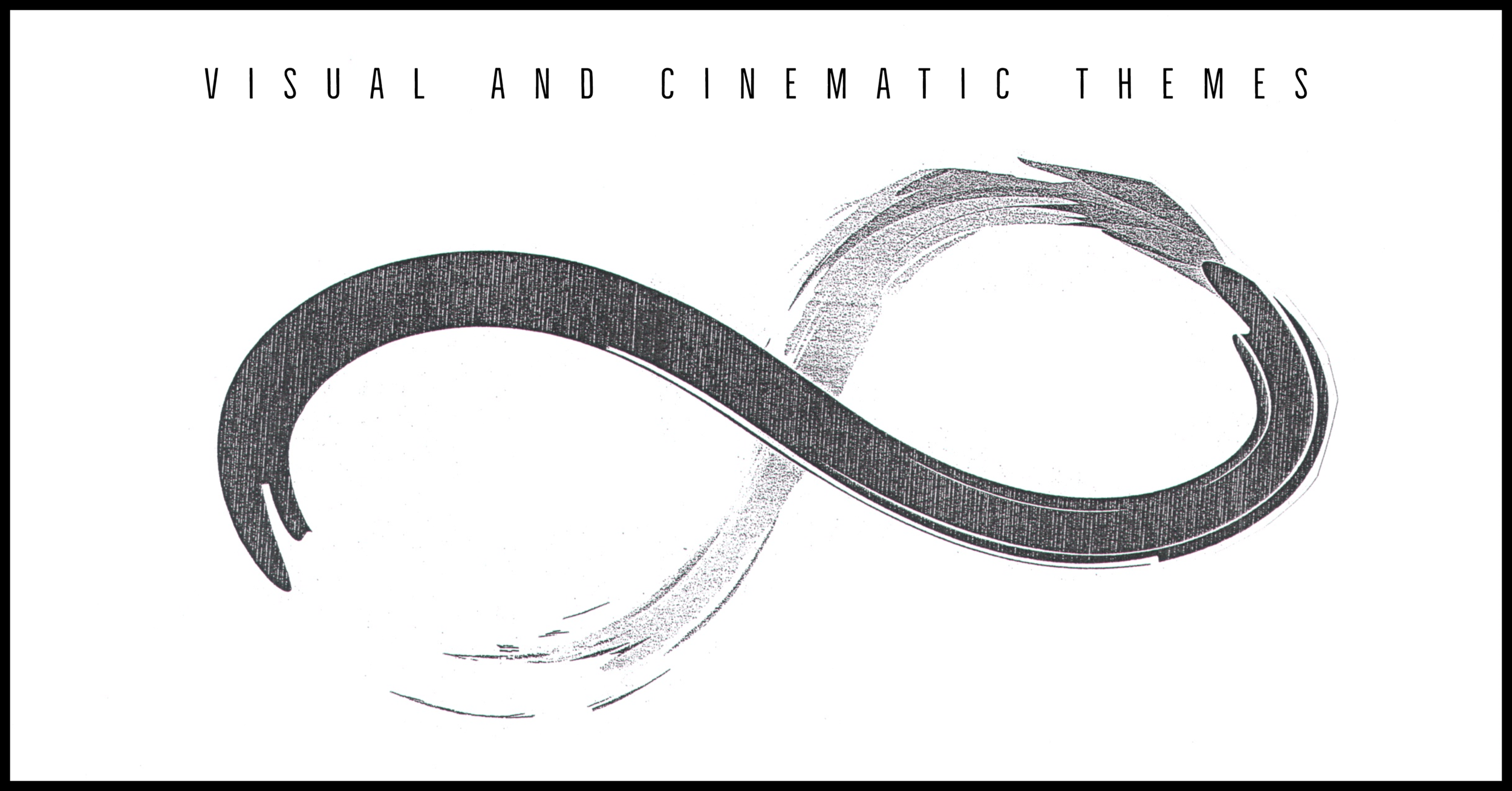
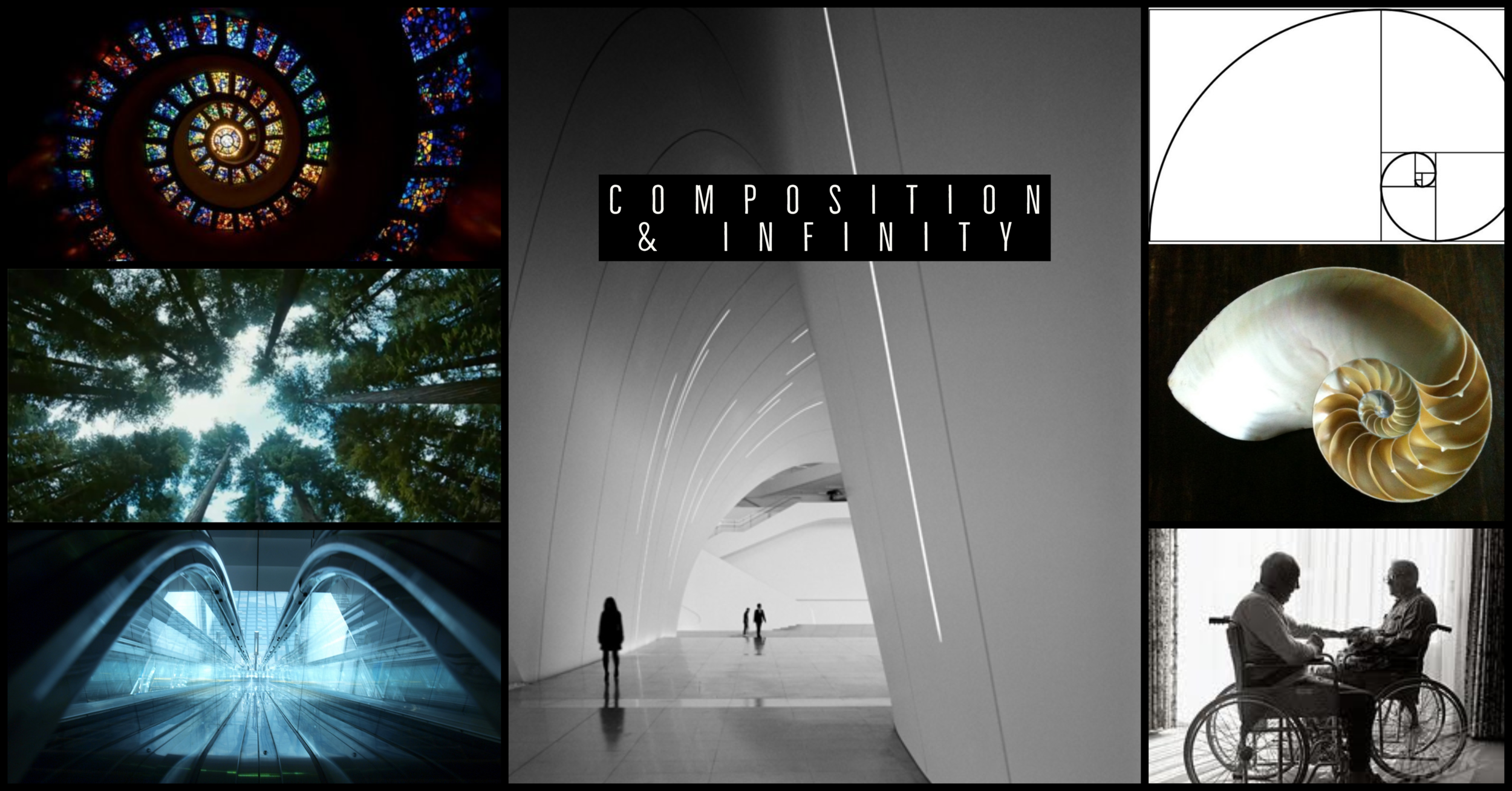
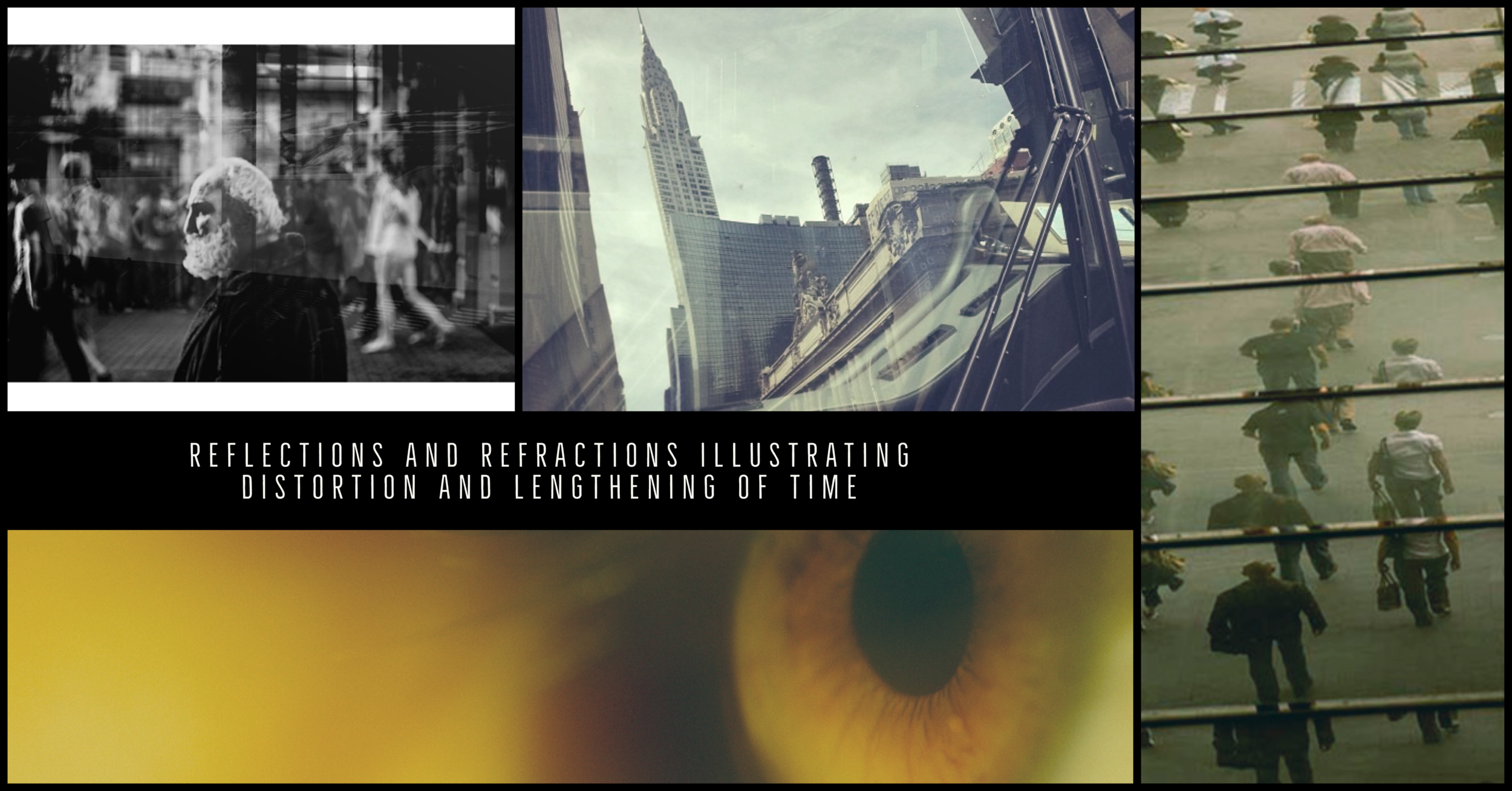
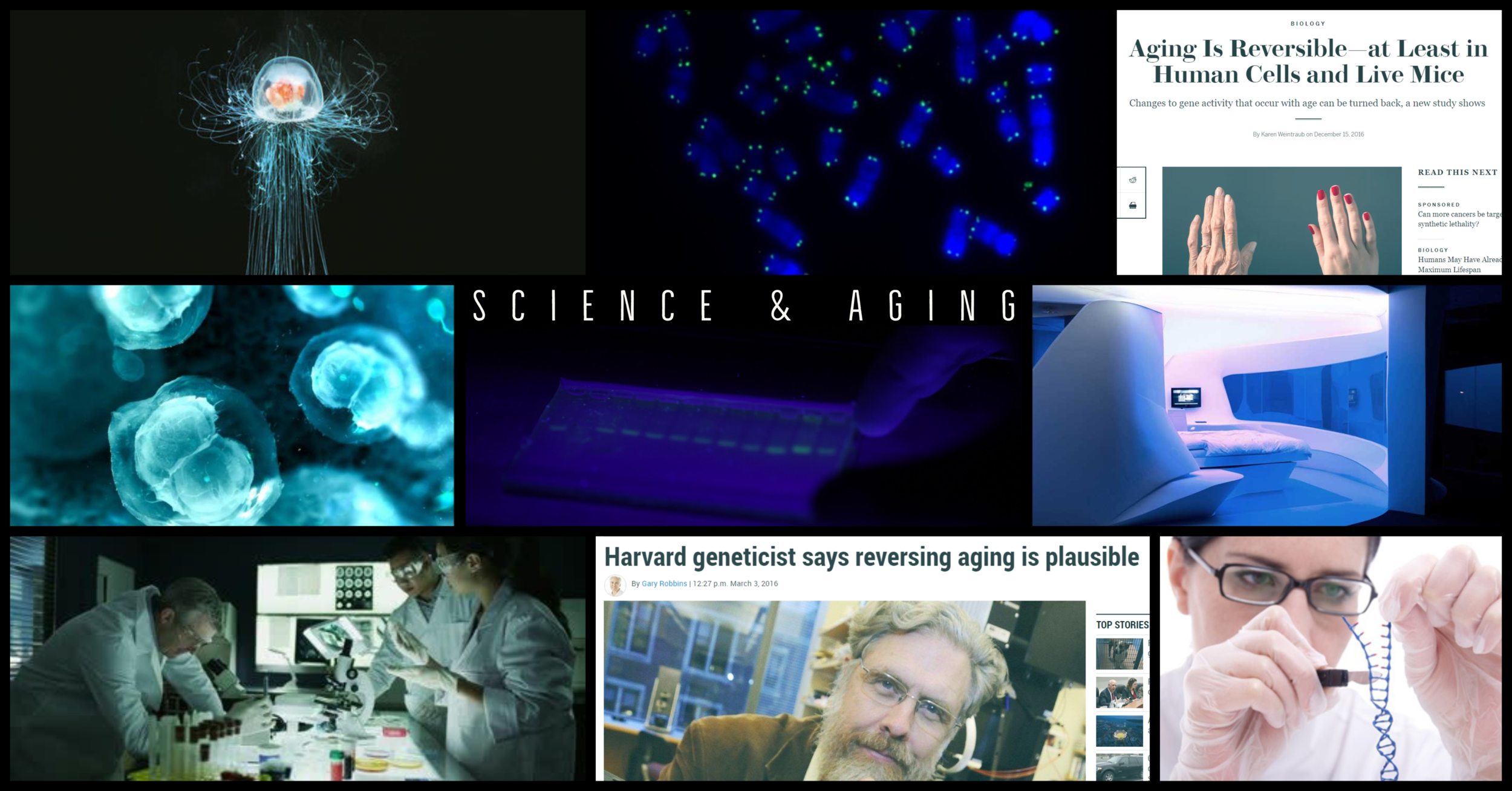
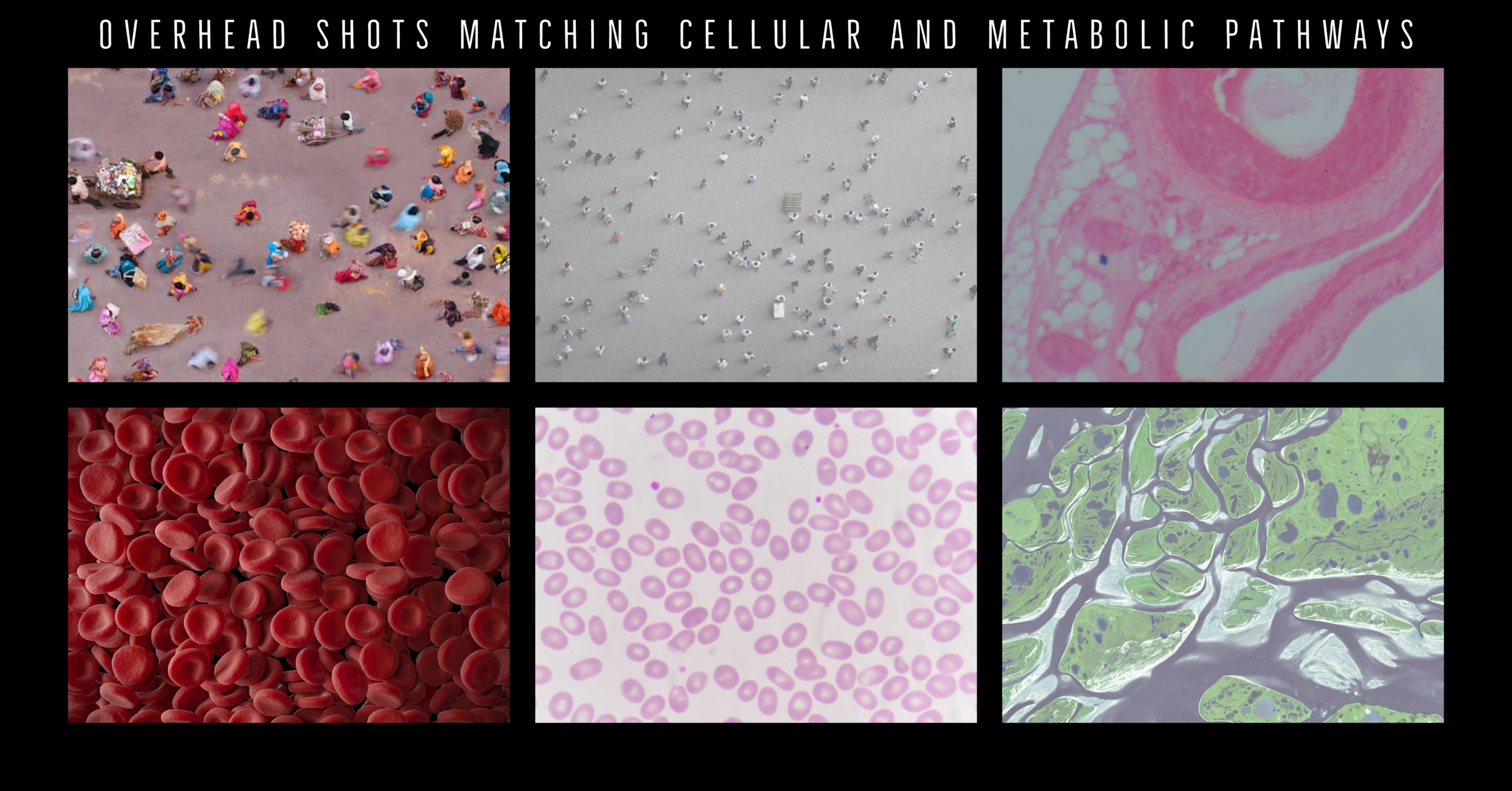
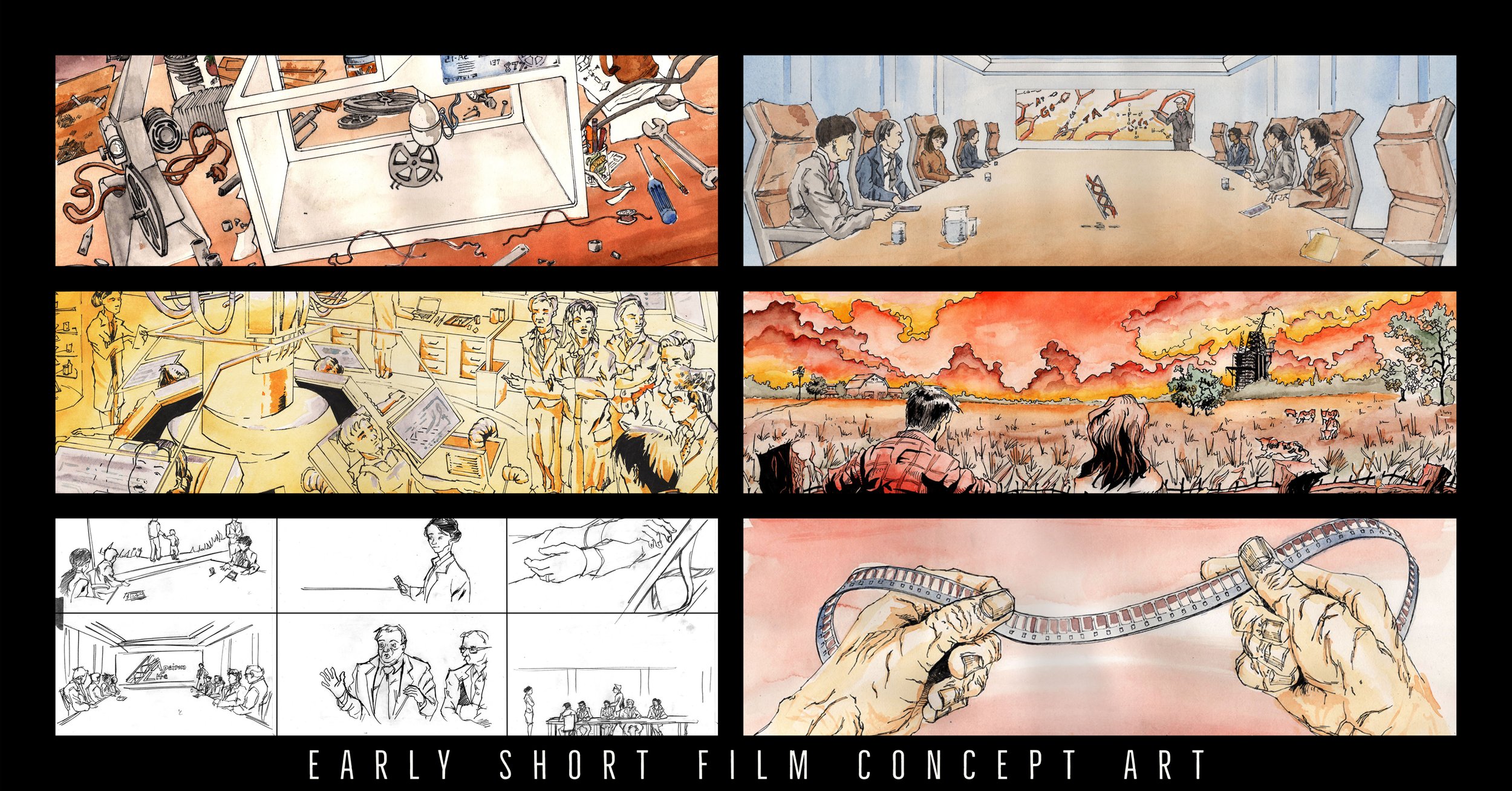
Director's Note
The film is really personal for me and most important as a sort of love letter to my own parents. My own father passed away recently, and this project became even more relevant and personal for me than ever. I now feel like I know on a deeper level what the main character is truly exploring. So while the shell of this movie is an elevated science fiction film dealing with existential questions about life and death on a grand scale, at its heart, it is an intimate story about a daughter and her father, loss, and the depths of love and choice.
We’re already hearing about the immense possibilities of CRISPR and human trials for gene editing. Technology is speeding up, and it’s very important to explore what this means for humanity as we enter an age of rapid change- socio-politically, culturally, and philosophically. What does it mean when you take away a definite ending? And how will all have access to this technology? It seems ever more a strong possibility that we may live healthy lives well over a hundred if not much longer in the coming decades and now is the perfect time to make a film that explores and asks important questions about such a revolutionary technology and its relation to humanity.
THEMES
The Last Generation to Die (Last Gen) is a drama set in the future that examines the estranged relationship of two generations on the cusp of immortality, the end of aging, and the ultimate merging of science and nature that will usher humanity into the next stage of evolution.
In 1974, psychologist Ernest Becker won a Pulitzer Prize for The Denial of Death, arguing that death anxiety is the most fundamental of all our motivational drivers — more powerful than our need for food, drink, or sex. Most researchers now agree. Fear of death is the fundamental human experience, the cornerstone of our psychological foundation. In labs all over the world, even as you read this, researchers are redefining aging as a disease. This film explores the very moment we succeed at this, but also confronts the cultural and existential shift in human consciousness bound to occur. The future that’s coming is unlike anything we’ve seen, being hailed as the Age of Prometheus to the Age of Icarus. Yet these mythic metaphors are no longer metaphors. We have already stolen fire from the gods – but are we flying too close to the sun?
Last Gen explores the concept of infinity or “timelessness” through a disjointed family struggling to move on from the past. “Timelessness” is explored through the film’s structure, visuals, and the various characters’ stories’ intertwining together like the roots of a tree – or more appropriately, the strands of a helix. We primarily follow Lily (young) and her father Oliver (old) as the viewers’ vessels to present both sides to the life extension argument. Everyone is either Lily or Oliver, viewing death as a disease to be cured or a natural part of life.
Last Gen encourages the audience to choose whom to side with as Oliver and Lily’s ideologies clash. Lily believes life extension demonstrates how one can move on from the past physically, but Oliver reminds us to reflect on life’s fragility: how a man can die tomorrow without ever having really lived…or even worse, full of regret. All regardless of the perfect cure.
Technology and science are proving day-by-day to be mere extensions of humanity. The internet itself is the perfect reflection of this. However, while life extension will be a modern choice, it must be a natural decision. Our intent by posing Oliver’s pastoral and natural world against Lily’s urban and modern future is to provide the proper backdrop on the repercussions of this groundbreaking decision to live longer.
SCIENTIFIC ACCURACY
For the short film, we aimed to be as accurate as possible with the science as a science adviser looked over our script. With the full feature film, it’s important to us for this to be light on science fiction and be as close to science fact as possible.We feature accurate science that we can best project or currently exists and only use speculation where necessary, and even then, it has been well researched and advised by experts.
Screenplay by Tim Maupin, Jess Williard, and Kate Fox
Additional Story by Eli Samuel
WGA# I307056


